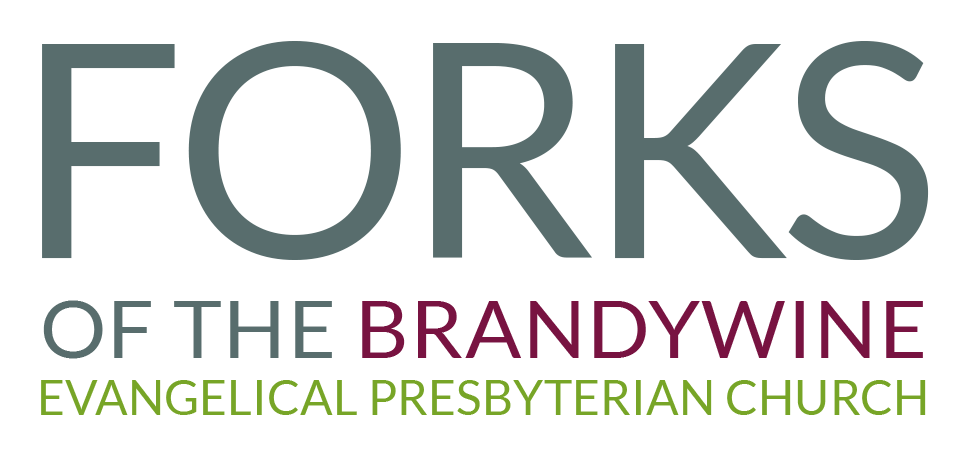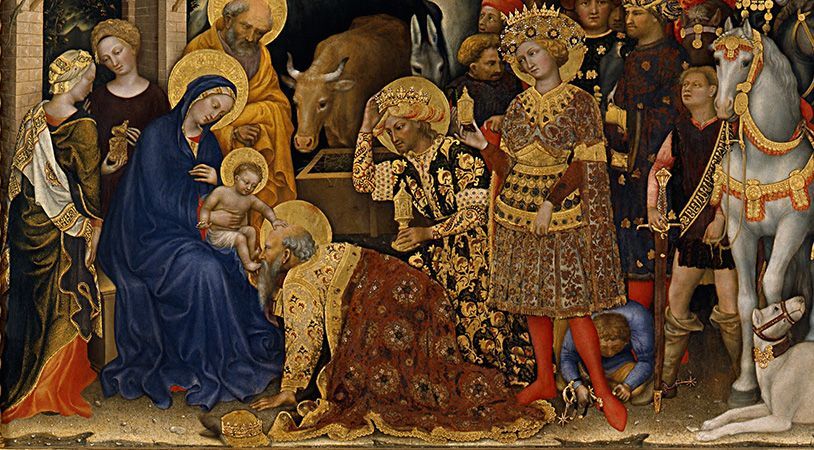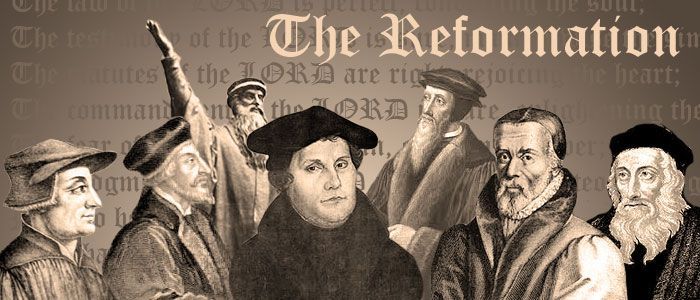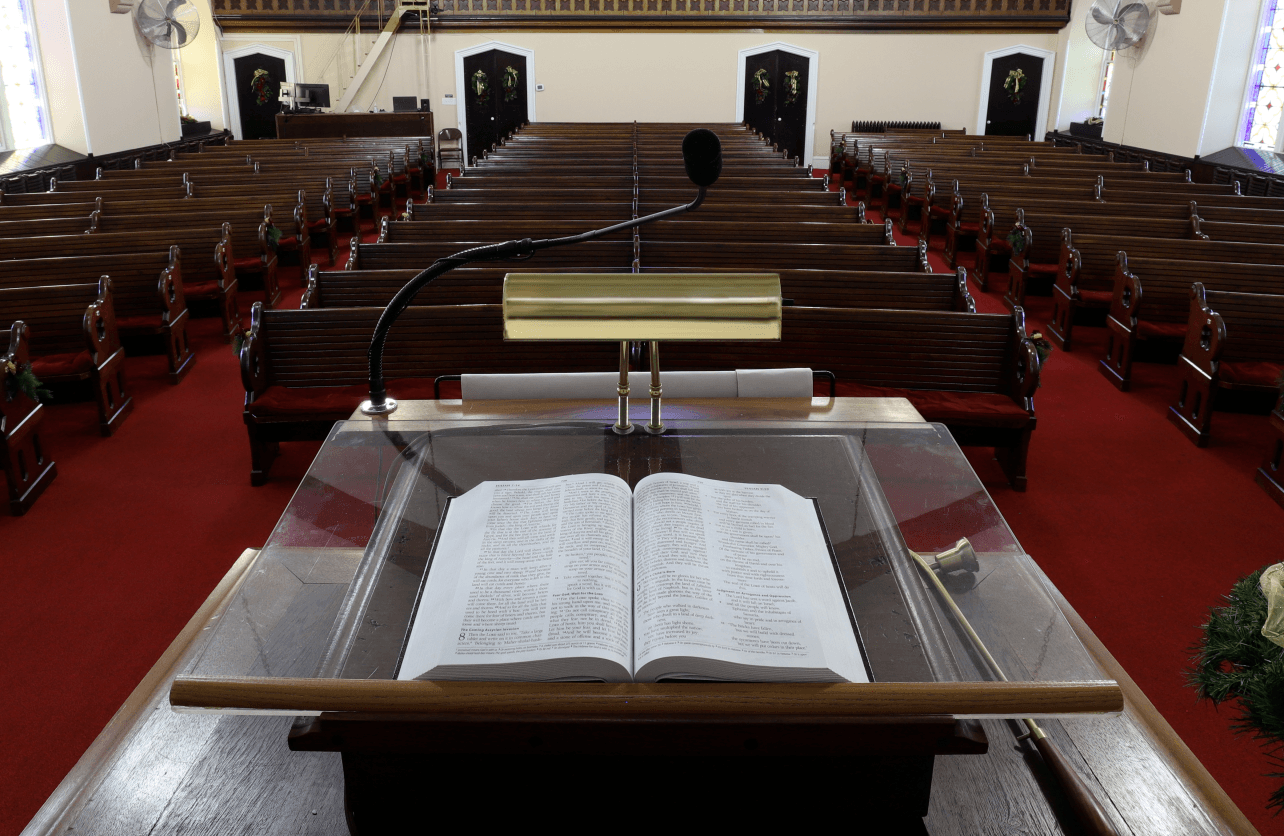The Divine Gift of Faith
The Centurion

Christians talk a lot about faith. That is understandable. We all know faith is vitally important . You can’t be a Christian without faith. Believing in Jesus is how we get saved, but then what? Where does faith fit into the rest of my life? What does faith do? What is faith for? Does faith really work? These are natural questions, and finding the right answer will have a tremendous impact on your Christian life. Get the wrong answer, and it could lead to a dead end in your walk with Christ. So let’s turn to the words of Jesus to figure this out. Who better to tell us what it means to believe!
In Matthew chapter 8, a Roman soldier approaches Jesus and pleads for help. This is very unusual. Roman soldiers do not typically ask Jewish peasants for anything other than submission. Rome had conquered the Jewish homeland, and this soldier is stationed in Israel to enforce Roman law and order by any brutal means necessary. And this is no ordinary soldier ; this is a centurion, an officer with a unit of 80 troops under his command. This is a man of authority. Centurions do not ask conquered subjects for help, but this time something is different.
The centurion says to Jesus, “Lord, my servant is lying paralyzed at home, suffering “terribly” (Matthew 8:6). No matter how much authority this man possesses, he has no say over sickness. Suffering and death are not his subordinates. He could command all he wants, but his servant could not obey his order to get well. He needed help from someone with much more power and authority than he possessed. That is why he came to Jesus. He felt powerless, helpless, desperate. Jesus was his last chance.
Jesus does not refuse his request. He offers to go with the centurion to heal the servant in person, but, surprisingly, the centurion refuses. He says to Jesus, “Lord, I am not worthy to have you come under my roof, but only say the word, and my servant will be healed. For I too am a man under authority, with soldiers under me. And I say to one, ‘Go,’ and he goes, and to another, ‘Come,’ and he comes, and to my servant, ‘Do this,’ and he does it” (Matthew 8:8-9). The centurion recognizes his own unworthiness in the presence of Jesus and acknowledges that he is at his mercy. As a Roman soldier, he understands better than anyone how authority works. He merely says the word, and his soldiers obey without question. That’s how it works. He recognizes that Jesus has the power and authority to give a command that makes even sickness and death obey him. That’s how he works. What an amazing display of confidence in the word of Jesus!
It was so amazing, in fact, and so unexpected, that even Jesus himself is astonished at this man’s response. Matthew tells us that Jesus was so astonished “he marveled and said to those who followed him, ‘Truly, I tell you, with no one in Israel have I found such faith’” (Matthew 8:10). What do we learn from this encounter? Jesus tells us that if we want to know what faith is and what faith does, look no further than this Roman soldier. The centurion’s faith has at least three parts to it:
1. Faith is a humble, confident trust in the power and authority of Jesus.
2. Faith looks away from self and pleads with Jesus to do for us what only he can do.
3. Faith listens expectantly to the mighty word of Jesus.
Faith begins with the recognition that I am powerless and weak, but he is mighty and strong. I am helpless and needy, but he is generous and all-sufficient. I am most unworthy, but he is perfectly good and full of grace. We must see ourselves as we really are in the light of who he truly is. Once we see the matchless power and authority of Jesus, we cry out to him like the centurion, “Only say the word, Lord, and it shall be done just as you say!” We put our full confidence in him, we lean all our weight upon his word, and we rest assured that his word will never fail us. True faith is an unshakeable confidence that enables and emboldens us to stake our lives on the word of Jesus, to endure all things for his sake with hope and joy, and to follow Jesus in a life that is faithful, fruitful, and fulfilling.
Faith like this is what Jesus wants from his disciples. It’s the level of trust and commitment he wants from you. If you feel that you are incapable of living up to this expectation, that you could never work up that much faith on your own, then you are exactly right—and you just completed step one for having true faith. This kind of faith is a divine gift, granted to us by the sovereign power of the Holy Spirit working in our hearts. This is good news. If faith is a gift from God, then it is yours for the asking.
Grace and peace,
Pastor Wesley
The Pastor's Pen
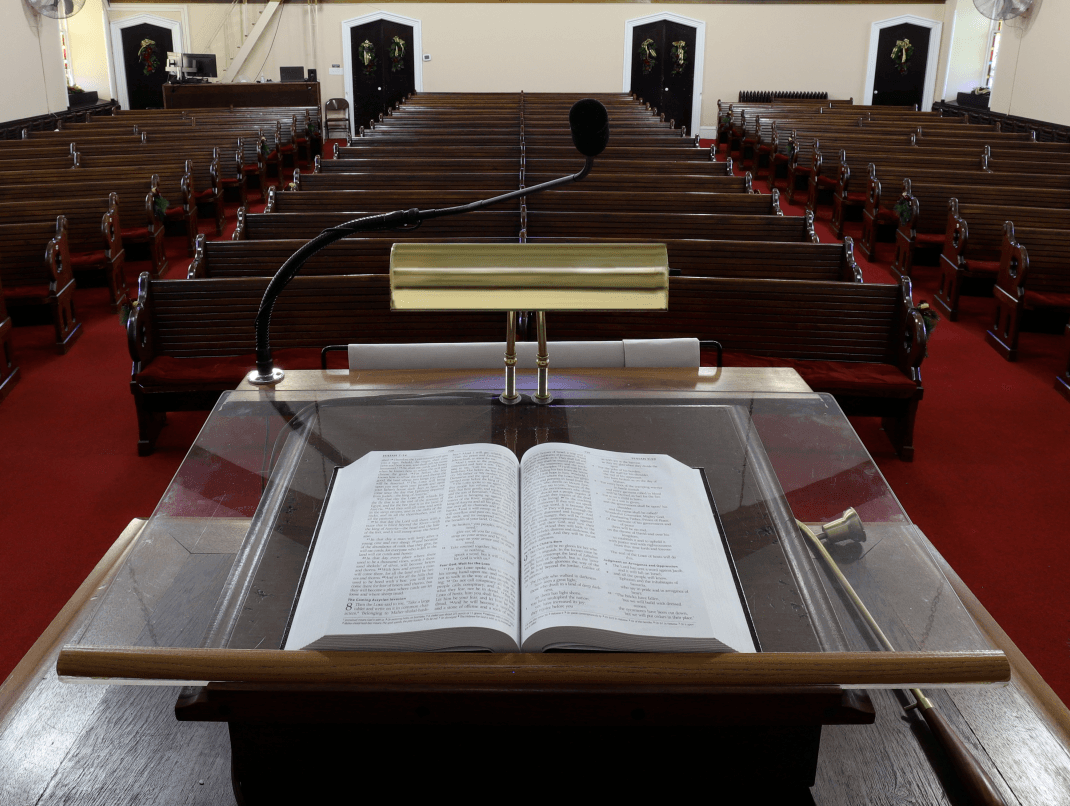

Glorifying Christ in Joyful Community through Worship, Fellowship, and Witness
Useful Links
Contact Info
Want to support our Ministry?
All rights reserved.
“Scripture quotations are from the ESV® Bible (The Holy Bible, English Standard Version®), copyright © 2001 by Crossway, a publishing ministry of Good News Publishers. Used by permission. All rights reserved. The ESV text may not be quoted in any publication made available to the public by a Creative Commons license. The ESV may not be translated in whole or in part into any other language.”
Created and Hosted with BUILD by One Eleven

